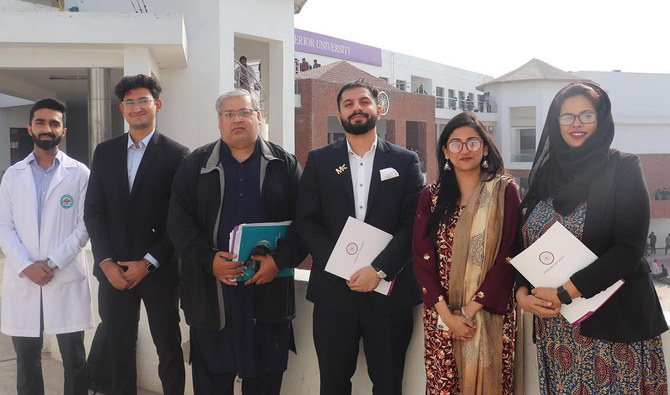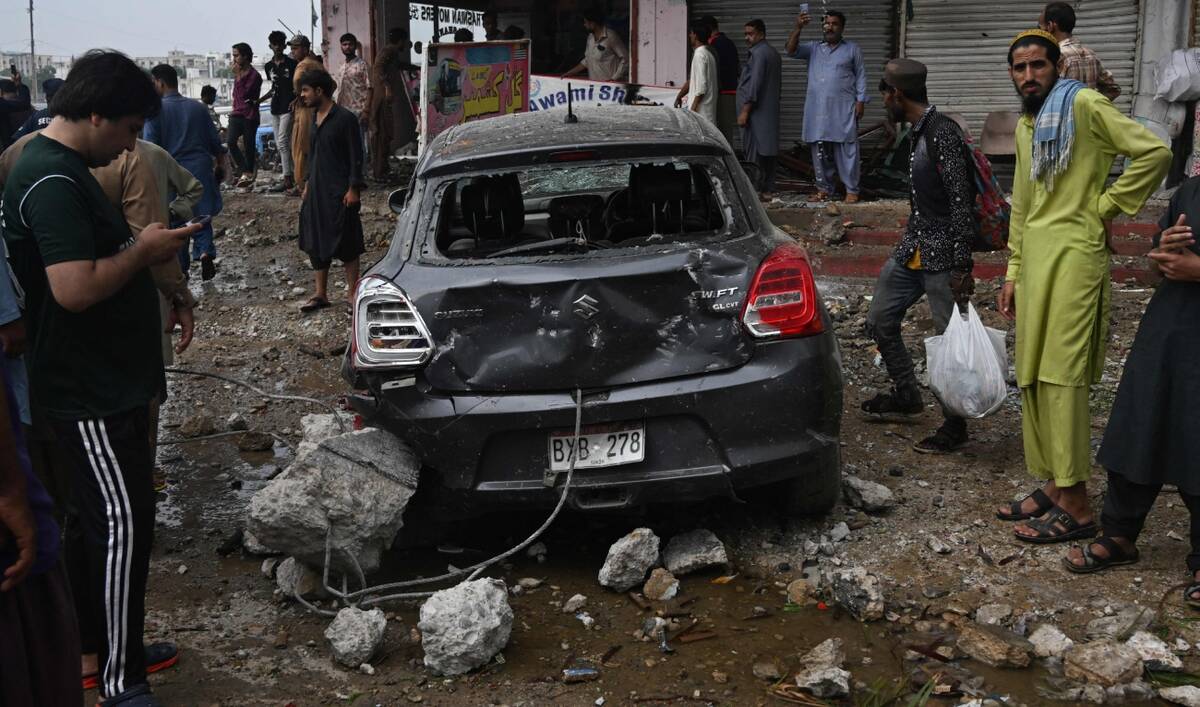ISLAMABAD: The top official of a Pakistani startup, which found itself among the 2023 Global Silicon Valley (GSV) Elite 200 EdTech Companies this month, said on Wednesday he was planning to introduce a dedicated operating system to encourage technology-based education for aspiring medical professionals.
Launched in 2017, MedAngle is a digital platform for students of medical sciences and aims to help them explore, learn, practice, retain and review a wide range of concepts in their field through multiple-choice and verbal questions, along with detailed clinical studies. It was included among the prestigious GSV list which recognizes the contributions of top technology firms from across the world.
The founder of the startup, Dr. Muhammad Azib, a 29-year-old graduate of Dow University of Health Sciences in Karachi, said he wanted to assist aspiring medical professionals through innovative use of technology. Azib himself has participated in the Transcend Fellowship in Silicon Valley and the MIT-Harvard Medical School Global Healthcare Innovation and Stanford Graduate School of Business Seed Spark programs in recent years.
“After the success of our platform, we are now building an operating system for health education,” he told Arab News in an exclusive phone interview from Chicago. “No matter which medical or dental school a student is attending, our software will help everyone in any country or any medical school.”
Azib said his company wanted the operating system to assist students and medical professionals at all stages of their education and practice.
“Our platform is for everyone, whether they are students of medical, dental, veterinary, physiotherapy, or any other related field,” he added.
The MedAngle official said Pakistan was among the top five countries in the world in terms of the number of doctors it produced every year, but there was no personalized online medical education platform, not only in Pakistan but also in other developing countries.
“So, we got this idea to start a platform for future doctors, not only in Pakistan but also in other emerging economies,” he added.
Azib said MedAngle was the first Pakistani startup to be named in the top edtech companies in the world. He pointed out the GSV was the biggest international platform, representing the number one technology-based education services.
“GSV contacted us last year, and then we were shortlisted in January this year,” he said. “They announced our listing in April at an event in the United States.”
Azib said over 62,000 students were already using MedAngle service.
“Its subscription is currently by invitation only because we are trying to personalize it for every student according to their institution,” he said, adding the platform users had answered built-in questions over 50 million times.
“Out of these 62,000 members, around 10 percent belong to Middle Eastern countries,” he added. “We have a diverse team of 150 medical professionals globally, mostly from Pakistan and the United Arab Emirates.”
Speaking about the subscription cost, Azib said his company wanted to keep it low so every medical student could easily afford it.
“We tried to keep our platform affordable to all students, and the subscription charges are just Rs199 per month, which is less than a dollar,” he said.




















